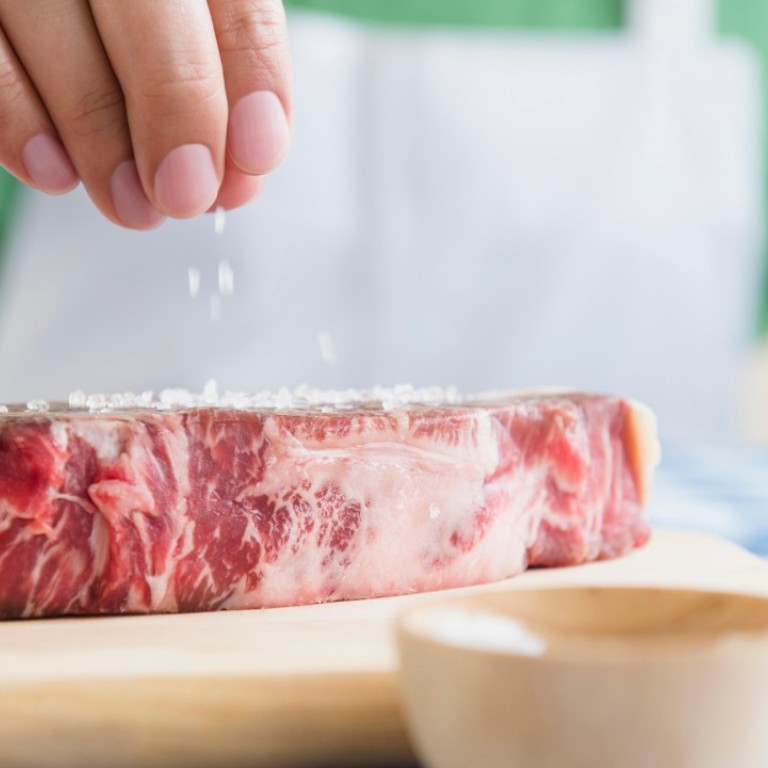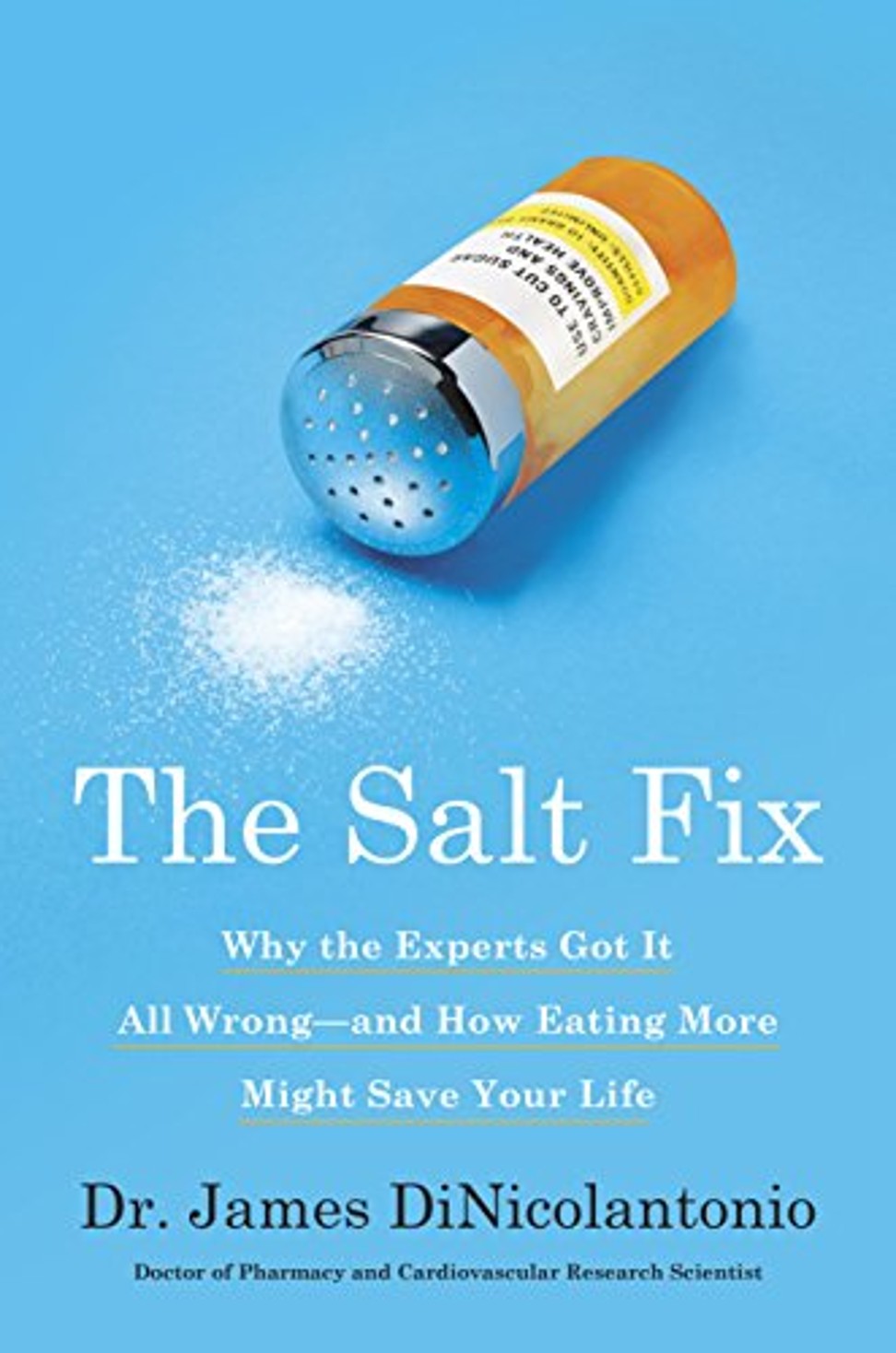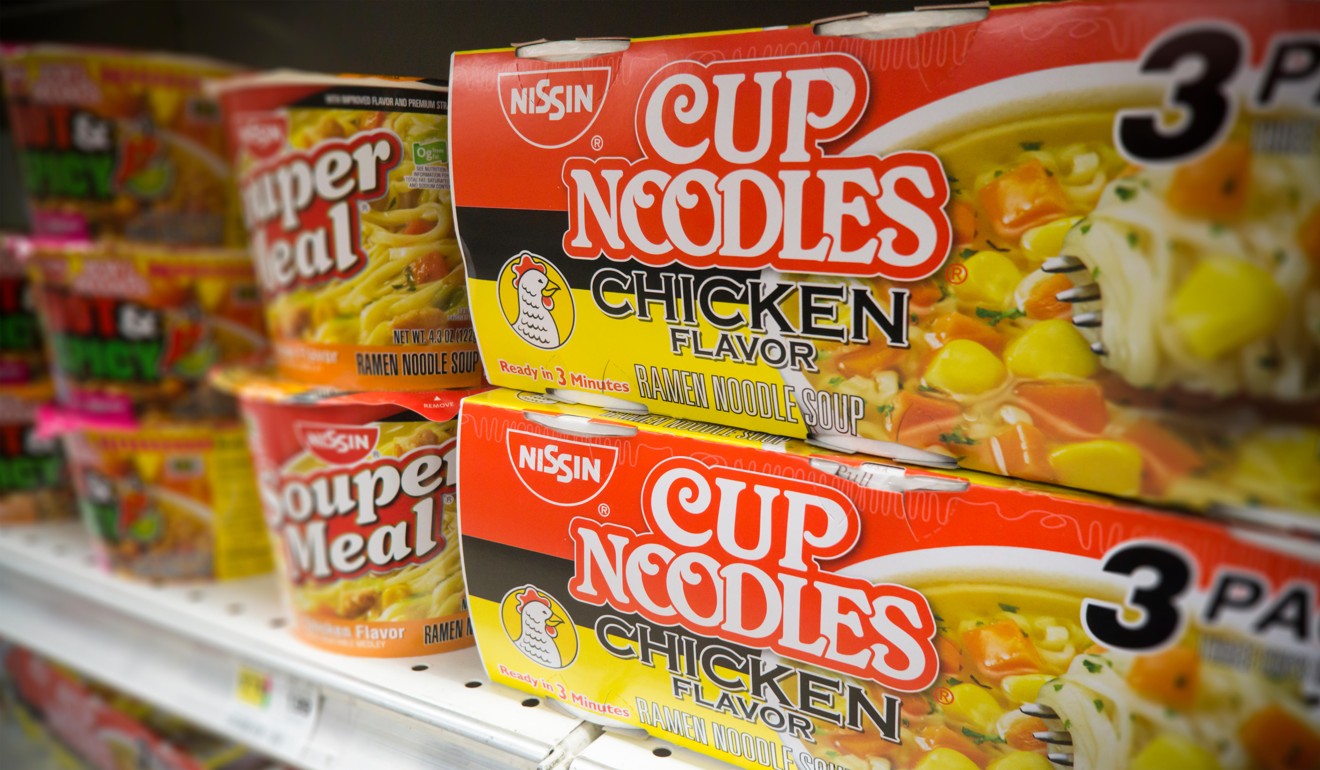
Why eating too little salt is bad for your health, and how salt took the blame for processed foods
New research says not enough sodium content in our diet can be as bad as having too much. It can lead to weight gain, chronic kidney disease, elevated bad cholesterol and increased blood pressure and heart rate
Salt has become so complicated. Once upon a time, the worst you’d hear about it was poor Lot’s wife being turned into a pillar of the stuff.
But now, every time we contemplate lifting the shaker to sprinkle on our eggs, each time we glance at a food label or eat a pickle, we feel guilt pangs, hearing echoes of “too much sodium causes (insert negative medical condition here).”
High sodium content found in popular luncheon meat, canned sausages, Hong Kong watchdog warns consumers
The Centre for Food Safety urges Hong Kong people to minimise salt or sodium-containing seasonings, even removing salt shakers and soy sauce bottles from our dining tables, and to limit our average daily intake of sodium to 2,000 milligrams, about one level teaspoon of salt, or 5g, as the World Health Organisation recommends. The average Hongkonger has about double that amount. (To put this into perspective, a McDonald’s grilled chicken burger in Hong Kong contains about 1,205mg and a medium order of fries contains about 253mg.)
The New England Journal of Medicine reported that reducing sodium by 400 milligrams a day in the United States could not only save 28,000 lives, it could also save US$7 billion in annual health care costs.

Then we have Dr James DiNicolantonio, a cardiovascular research scientist who wrote a book called The Salt Fix: Why the Experts Got It All Wrong – and How Eating More Could Save Your Life. Too little salt, he says, can lead to weight gain, chronic kidney disease, elevated bad cholesterol and increased blood pressure and heart rate.
Here’s what Hongkongers need to know about the white stuff that has been around since practically the beginning of time.
Not only is this mineral important, it’s “super important for our survival,” says Nancy DiMarco, director of the Institute for Women’s Health at Texas Woman’s University and a professor in the school’s department of nutrition and food sciences.

“It helps to regulate nerve contractions, nerve transitions, muscle contractions and facilitates the uptake of glucose into tissue and muscle. It’s responsible for electrolyte balance, for blood pressure. It’s like water and glucose, which I tell students are important for survival.”
It’s also homeostatically regulated. That means if the sodium level is too high, “our bodies have the mechanism to bring it down,” DiMarco says. “If it’s too low, we have the mechanisms to bring it up.” In other words, if we have too much salt in our bodies, we get rid of it through urination. Too little, and our kidneys reabsorb it into our bloodstream.
“Sugar won’t do that,” says DiNicolantonio, adding that sugar is more of a dietary culprit than salt. “When you consume more sugar, you crave more.”
Drive begins to cut salt in Hong Kong pupils’ lunches by half in a decade
In his book, DiNicolantonio writes that “there was never any sound scientific evidence” that salt increases blood pressure. But Dr Wanpen Vongpatanasin, director of the Hypertension Section at UT Southwestern Medical Centre in Texas, disagrees.
“There are multiple randomised studies that show that lowering salt intake reduces blood pressure in patients with both mild, uncomplicated hypertension and resistant hypertension,” Vongpatanasin, holder of the Norman and Audrey Kaplan Chair in Hypertension, says. “Reducing sodium intake has been shown to decrease stiffness of the arteries, which is another major risk factor for stroke and cardiovascular events.”
Health-conscious Hongkongers eating instant noodles less often, like rest of world
DiMarco blames an unhealthy diet in general for the three major causes of death: hypertension, cardiovascular disease and stroke. “I think we’d go so much further by altering how we eat instead of focusing on a single nutrient like sodium. I get so frustrated with so many of these things that eliminate whole food groups, and when you do that, you eliminate a whole bunch of nutrients you can’t find in other types of food.”
Iodine is a case in point. It is a mineral that our bodies need, and it’s in iodised table salt. But when salt started getting a bad rap, people stopped buying it and, thus, were cutting out iodine.

“We have seen since the 1980s that iodine intake has decreased by almost 100 per cent,” says DiMarco. She has studied this topic extensively and is in the process of writing a review paper on a study Texas Woman’s University did of 110 women, 90 per cent of whom didn’t know they should be buying iodised salt.
“Our concern is that iodine is super important in the reproductive years, from 18 to 45,” she says. “In the first three months when the brain develops, it’s absolutely essential that the fetus receives adequate iodine because of its connection with cognitive abilities.”
Salt, DiMarco says, has “got a bad rap because of where it finds itself, which is in all these processed foods.”
The best and the rest: Hong Kong instant noodles taste test
According to webmd.com, five per cent of the sodium we consume comes from salt added during cooking, six per cent from salting food at the table and 12 per cent from foods that are natural sources of sodium. The remaining 75 per cent comes from processed foods. For example, a 75g Nissin seafood flavour Cup Noodles has 1,478mg of sodium, more than half of the recommended daily requirement.
Eating low-salt diets, DiNicolantonio says, creates cravings and leads people “to eat all these processed foods to get salt. They should be using real salt on real food.”

Adds DiNicolantonio: “We’re more likely to eat healthier foods if we add salt.”
“The answer to everything,” DiMarco says, “is to eat fruits and vegetables. I tell my students the practice of good nutrition is not rocket science. It doesn’t take a genius to eat well. You just have to be conscientious and mindful of what you’re putting in your mouth every day.”

Four salt tips
1. Eat more fresh fruits and vegetables.
2. Check labels. Aim for those with less than 140mg of sodium per serving. Top sources of salt in the Hong Kong diet, according to the Centre for Food Safety, are soy sauce, oyster sauce, bouillon cubes, canned foods, bacon, sausage, bread, biscuits and cereals.
3. Eat more potassium. “If we could balance our sodium with more potassium, we’d be a lot healthier,” DiMarco says. Good sources include bananas, apricots, spinach and potatoes.
4. Cook at home. Restaurant meals usually contain high amounts of salt.

